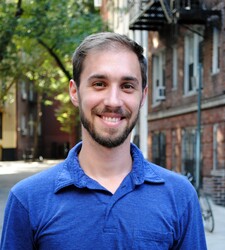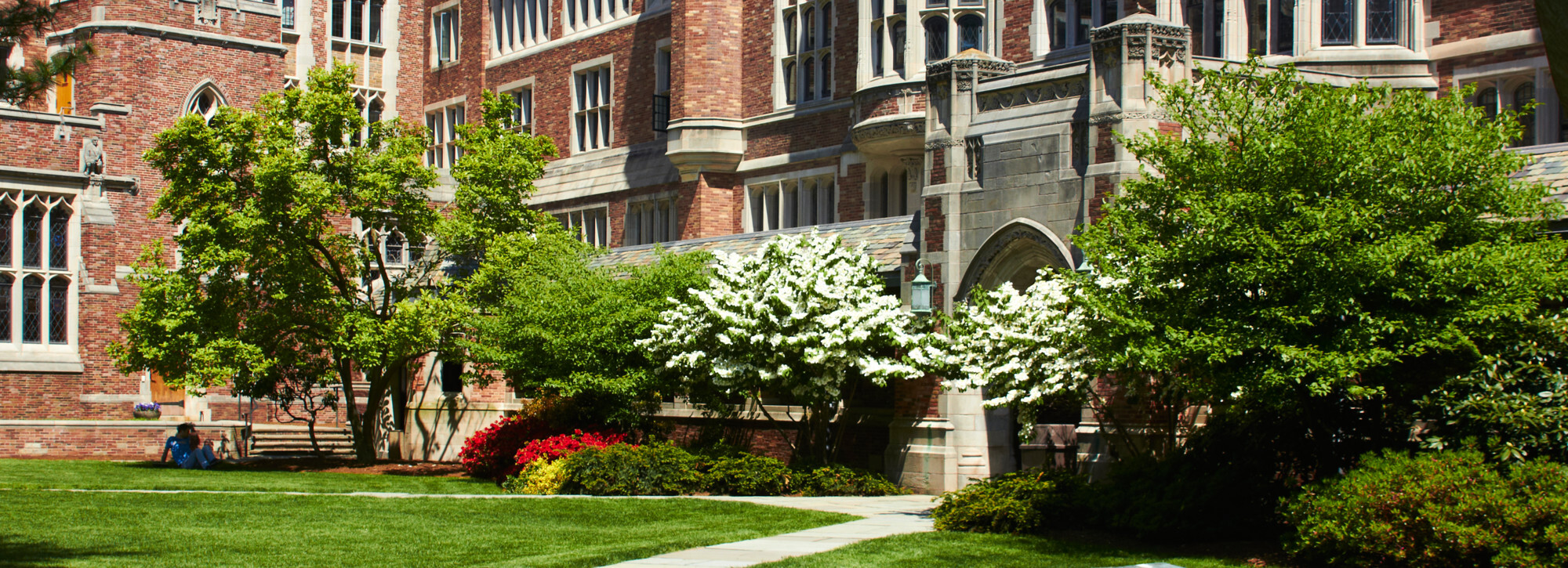
Luke Herrine is a Ph.D. in Law candidate at Yale. His research explores how commercial and financial law channel and distribute power, how legal doctrine and theory conceptualize that power (or don't), and how a democratic society ought to conceptualize, channel, and distribute it. Luke's work draws on the realist and critical traditions in the legal academy as well as recent developments in economic sociology, heterodox economics, and realist political theory. At the theoretical level, his project involves elaborating a critique of the contractual ideal as a framework for understanding how the rules that govern economic life are and ought to be made and developing a more pragmatic, historicized, and political alternative. Overlapping projects include tracing the fate of various strains of realism and their influence on lawmaking, tracing how various strains of neoliberalism have interacted with realism and shaped lawmaking, examining how doctrinal frameworks developed for particular sorts of business transactions came to be applied to quite different contexts, and contributing to the discussion about what de-financialization and de-commodification could look like in various social domains.
Luke earned his J.D. from the NYU School of Law and his B.A. from Oberlin College. After law school, he clerked for the Honorable Rosemary S. Pooler of the Second Circuit Court of Appeals, worked as a Legal Fellow at the Furman Center for Real Estate and Urban Policy, and directed legal strategy for the Debt Collective.
